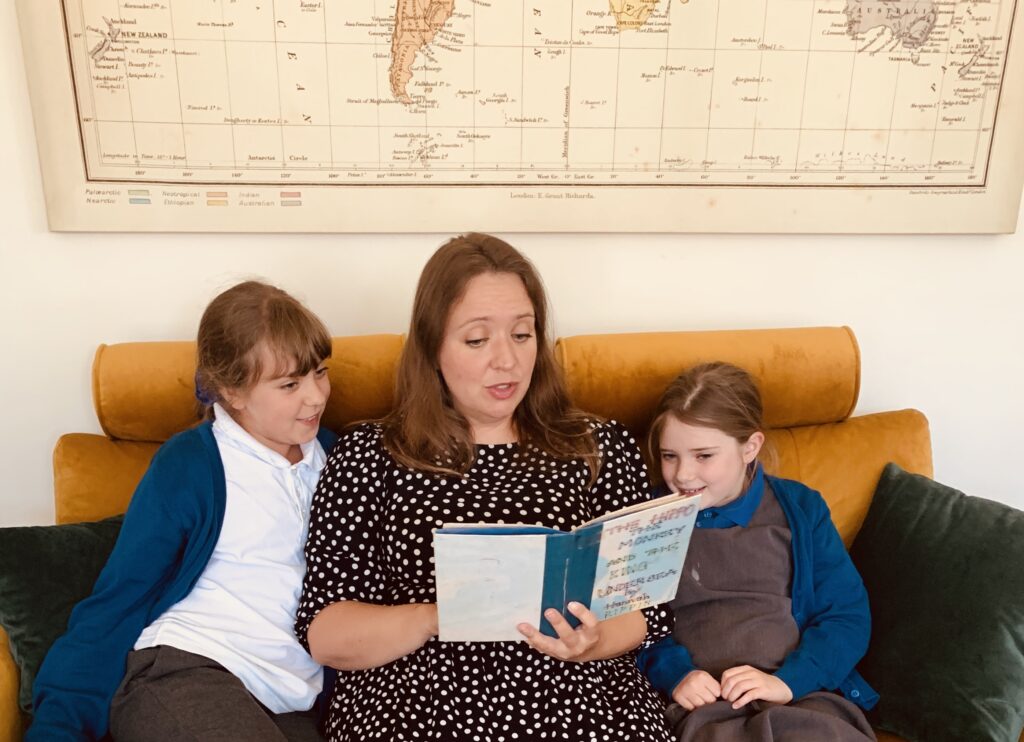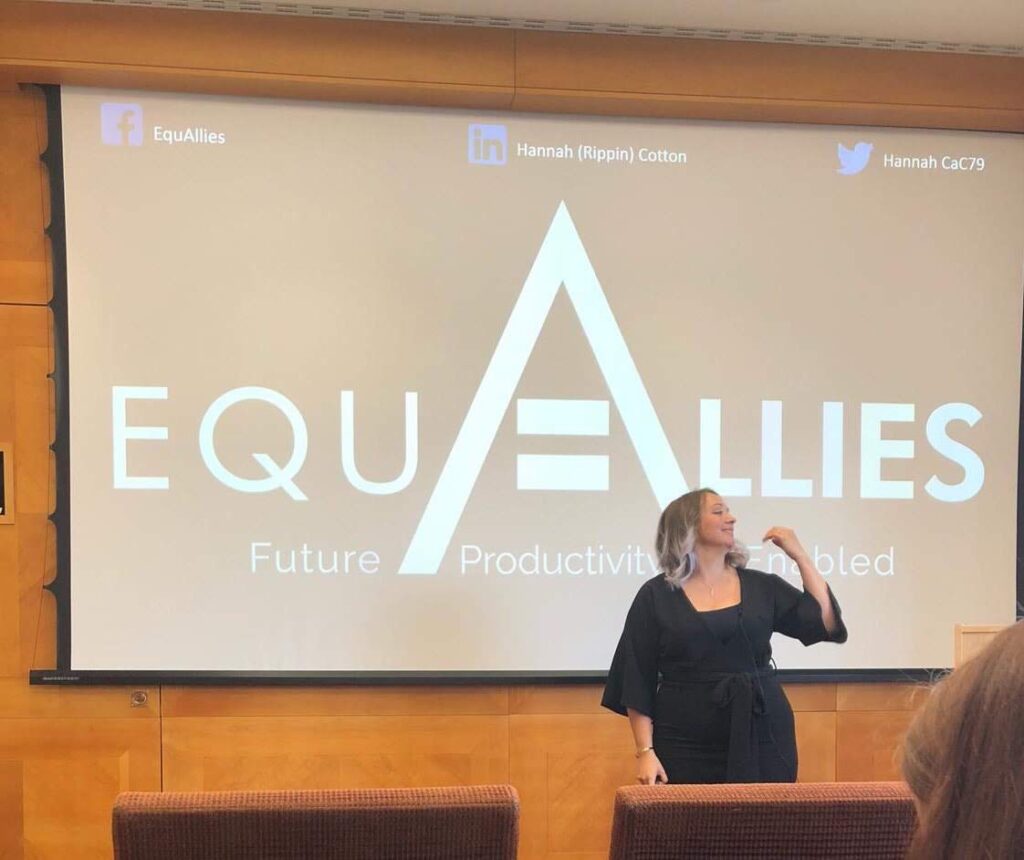(CONTENT WARNING: Mention of suicide, post-traumatic stress disorder, sexual assault and abuse)
Much has been spoken recently about ‘privilege’ generally and not just educational privilege. Not as a word rolling beautifully off the tongue in actress Joanna Lumley’s dulcet tones, but one that COVID-19 and the murder of George Floyd in the US have encouraged many to reflect upon. What privilege do we have? How do we use it? And how can it be used to help others?
I recognised my privilege years ago and have been trying to use it to support others since then through promoting education and its critical links to equality. My privilege was my home, where I was raised by two teachers who instilled a love of learning, critical thought, communication and reason. Both were secondary school teachers, passionate about their subjects; one specialising in science and psychology, the other in religious education and sociology. Their subjects caused much debate in the home, where neither my brother nor I would be told that we were wrong; we were merely challenged to question our own decision making. Examples of these questions were:
- What was our hypothesis?
- Was our decision making robust?
- Where were we drawing our evidence from?
- Were those sources the best to make our point?
- What were the counter-arguments?
- Was our conclusion valid?
- Were our conclusions consistent and ethical?
Recognising that my family background gave me educational privilege
As I’m called to reflect deeper, I recognise that the safely challenging environment I grew up in also established another privilege. There was a positive promotion of all things on pages – a love of books.

Both parents would add books to their birthday and Christmas wish lists, and all family members relished books during our school holidays. By normalising this hobby of reading, my parents acted as role models, and we were keen to learn what it was that they loved so much. My grandfathers both studied their newspapers forensically, my grandmothers loved crime and romance, my brother devoured literature at a pace I still can’t fathom (he still clears his plate the same way!), whilst I would savour literature, slowing the pace of a book I enjoyed as I knew it was drawing to an end, wanting to relish every last word.
The most memorable books from my four scores on earth can be counted on one hand: Animal Farm by George Orwell, The Power by Naomi Alderman, Mr Rosenblum’s List by Natasha Solomons, How to Be Anti-Racist by Dr Ibrahim X Kendi and Truth to Power by Jess Philips.
Before my reading became predominantly focused on equality, I think back to the first book that made me truly emote. I must have been no older than 11, and it was part of the school curriculum. I remember reading it at home and in class as part of KS2 – Goodnight Mister Tom by Michelle Magorian. The character development was so rich and deep, potentially offering me my very first lesson in the way we perceive and treat others has a profound power to improve or ruin another’s life:
“… it occurred to him that strength was quite different from toughness and that being vulnerable wasn’t the same as being weak.”
Magorian deftly and gently layered our knowledge of the characters and enabled the reader to draw similarities; one suffering pain from physical abuse, the other the pain of loss. Both needing time to trust and give way to the support of another.
Although it’s been three decades, the conclusions I drew then remain true:
- Geography is not a barrier to shared life experiences
- Age is not a number scale correlating with the pain people feel
- Gender is not a construct limiting our ability to care for or abuse others
- Religious beliefs do not unanimously lead to divine behaviours.
Maybe, this was my first call to arms to question initial perceptions. My TEDx, #KillerStereotypes, calls us to reflect upon the damaging stereotypes we place on each other. You see, my life experiences brought me through some incredibly challenging periods. Gang rape and delayed post-traumatic stress disorder led me to ambitions of suicide. My privilege, which was an ability to ask for help and a responsive support network, showed me that another outcome was possible. I understood violence against women statistics as I understood male suicide statistics, yet this gender inequality was not being addressed.
“How could anyone not want to live, thought Will, when there were so many things to live for? There were rainy nights and wind and the slap of the sea and the moon. There were books to read and pictures to paint and music.”

I now promote equality through education, media, policy and business – all channels for systemic change. In homes, schools, communities and workplaces, we can have the conversations needed to challenge the status quo, becoming allies for those who face barriers to being who they want to be. We can also create and record the conversations that need to happen on the pages of our books – pages of privilege. Check out my TEDx talk Break the Man Box: #KillerStereotypes (CONTENT WARNING: Sexual Assault)
Thank you for visiting our blog. Our vision here at Books2All is a world where every child finds the books that help them reach their true potential. If you have spare books in good condition at home that you think might be appropriate for school children, please sign up for our app’s pre-release waiting list. If you represent a school, please register to receive books for your students.


This is a beautifully written piece. Thank you got weaving together these timeless stories that wake us up to issues of privilege and mould our lives towards ends such as equality and anti-racism… brilliant!